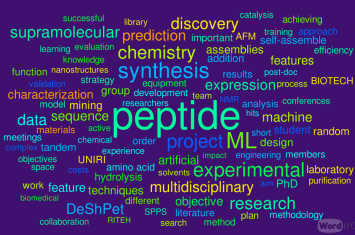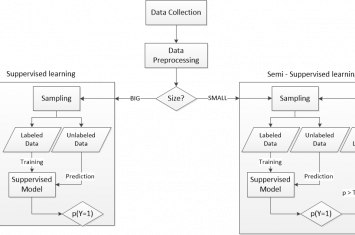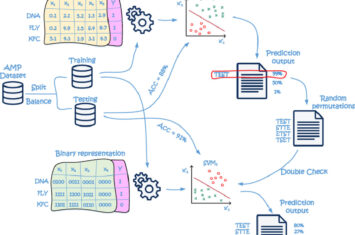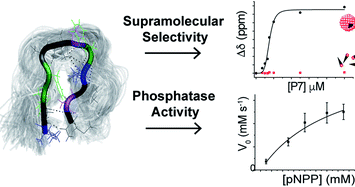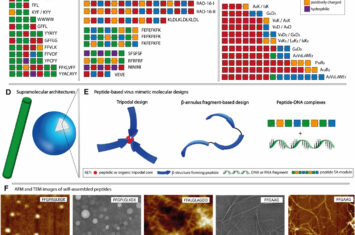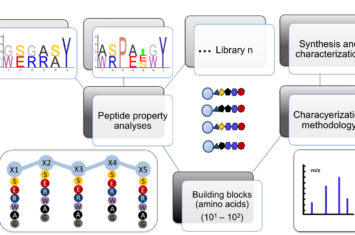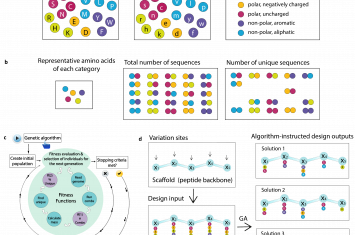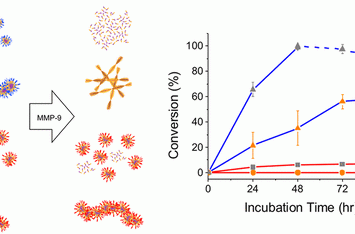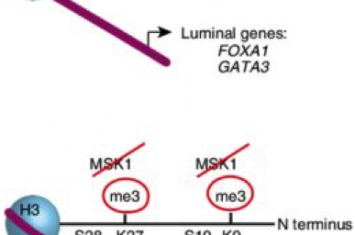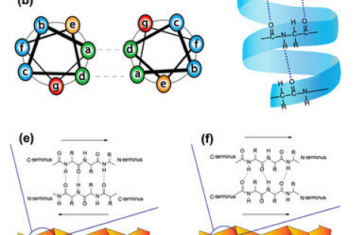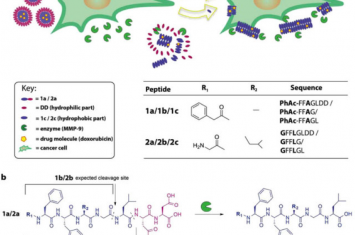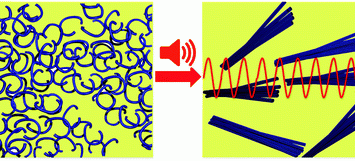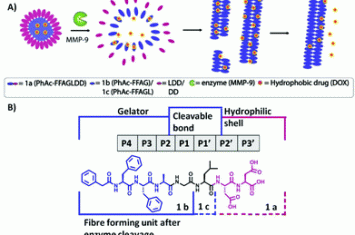The laboratory for Drug Design is focused on peptides, peptide assemblies and their potential new functions. In our interdisciplinary approach we want to combine machine learning and genetic algorithms with experimental validation to develop a more efficient and economical approach compared to the unguided experimental evaluation. We aim to discover patterns in existing data and accelerate the discovery of new catalytic peptides within a relatively small number of experiments.
